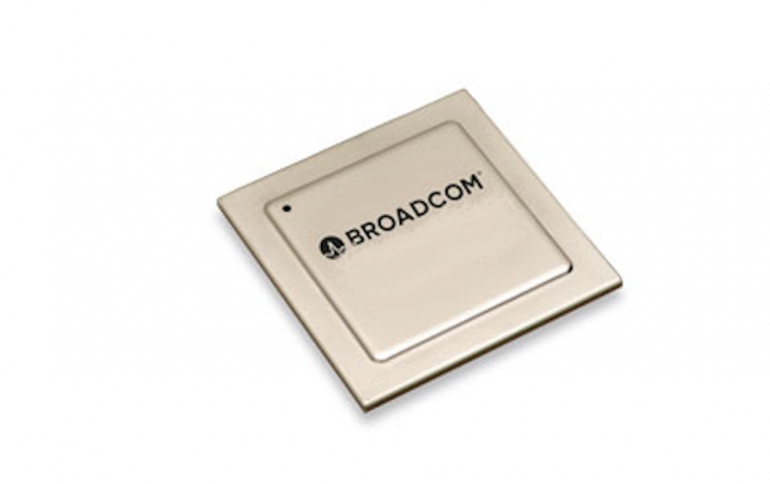
European Commission Imposes Measures on Broadcom's TV and Modem Chipsets Over Anticompetitive Practices
The European Commission has ordered Broadcom to stop applying certain provisions contained in agreements with six of its main customers, as the antitrust authority believes that the chip maker harms competition.
Margrethe Vestager, Commissioner in charge of competition policy, said: “We have strong indications that Broadcom, the world's leading supplier of chipsets used for TV set-top boxes and modems, is engaging in anticompetitive practices. Broadcom's behaviour is likely, in the absence of intervention, to create serious and irreversible harm to competition. We cannot let this happen, or else European customers and consumers would face higher prices and less choice and innovation. We therefore ordered Broadcom to immediately stop its conduct.”
Broadcom is the world leader in the supply of chipsets for TV set-top boxes and modems, including so-called systems-on-a-chip.
In June 2019, the European Commission opened an antitrust investigation to assess whether Broadcom restricted competition in various markets for these chipsets and components for so-called central office/head end equipment by means of certain practices, including exclusivity, tying, bundling, interoperability degradation and abusive use of intellectual property rights.
At the same time, the Commission issued a Statement of Objections where it preliminarily concluded that interim measures with respect to certain aspects of Broadcom's conduct may be required to ensure the effectiveness of any final decision taken by the Commission in the future.
Today's decision concludes that interim measures are warranted to prevent damage to competition from occurring in certain markets for systems-on-a-chip for TV set-top boxes and modems.
According to the EC, Broadcom is, at first sight, infringing competition rules by abusing its prima facie dominant position. In particular, Broadcom entered into agreements with six manufacturers of TV set-top boxes and modems and demanded exclusive or quasi-exclusive purchasing obligations and commercial advantages, such as rebates and other non-price related advantages that are conditional on the customer buying these products exclusively or quasi-exclusively from Broadcom.
The EC also found that Broadcom granted customers commercial advantages, such as price and non-price advantages, which are conditional on the customer buying systems-on-a-chip for cable modems exclusively or quasi-exclusively from the company.
"The Commission concluded that, if Broadcom's ongoing conduct were allowed to continue, it would likely affect a number of tenders that would be launched in the future, also in relation to the upcoming introduction of the WiFi 6 standard for modems and TV set-top boxes. This would likely lead to other chipset suppliers being unable to compete on the merits with Broadcom and could ultimately result in serious and irreparable harm to competition in the form of exit or marginalisation of Broadcom's competitors."
In order to ensure the effectiveness of the Europeam Commission's competition law enforcement powers, the EC's decision orders Broadcom to:
(i) unilaterally cease to apply the anticompetitive provisions identified by the Commission and to inform its customers that it will no longer apply such provisions; and
(ii) refrain from agreeing the same provisions or provisions having an equivalent object or effect in other agreements with these customers, and refrain from implementing punishing or retaliatory practices having an equivalent object or effect.
The Commission said Broadcom has 30 days to comply with the order, which is valid for up to three years, an estimate of how long the EU investigation will take.




















